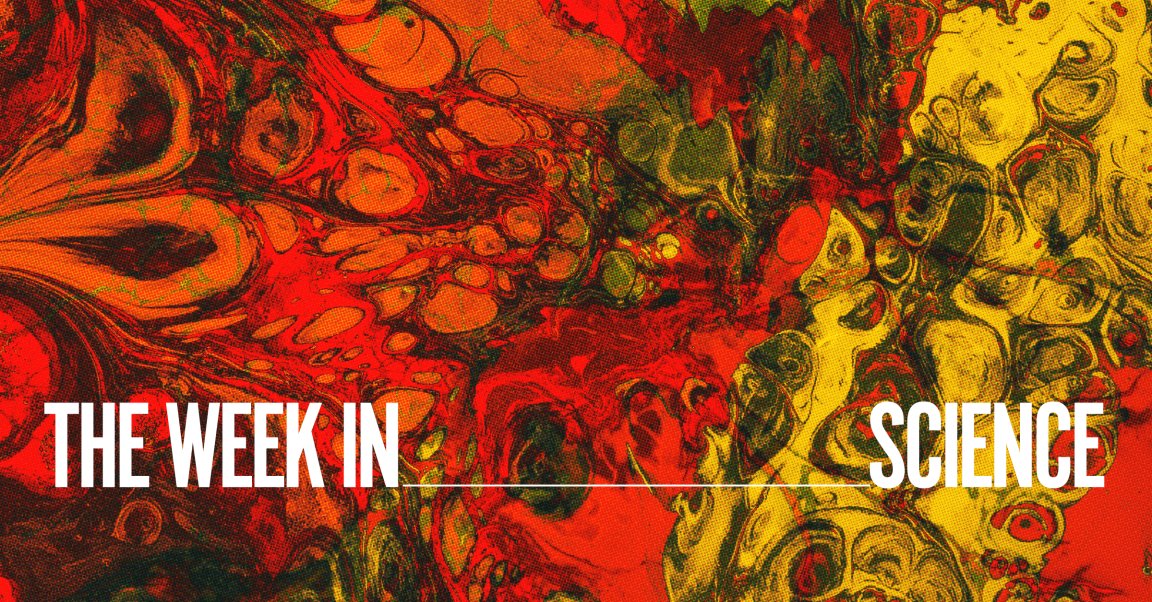
Did you know some of IKEA’s biodegradable packaging is made out of mushrooms? No? Well would you eat lab-grown meat out of the stuff? That’s what one startup wants to happen.
In case we haven’t completely ruined your appetite, get ready for a new fruit to be on your plate: scientists are working to domesticate groundcherries — a sweet fruit that’s in the tomato family — using cutting-edge gene-editing techniques.
Read on to find out what else has been captivating minds in science over the last seven days.
NASA Is Looking For New Ways to Detect Alien Technology. Congress is pushing NASA to ramp up the search for “technosignatures” — radio signals or microwaves coming from deep in space.
Scientists Used CRISPR to Domesticate This Delicate Fruit. Scientists are working to domesticate the notoriously-delicate groundcherry in hopes that it becomes the next big cash crop.
A Nonprofit Plans to Store Human Knowledge in DNA and Store It on the Moon. The Arch Foundation plans to encode important books and crowdsourced images into synthetic DNA molecules and store them on the Moon.
Researchers Think They’ve Discovered the First Moon Outside Our Solar System. Columbia researchers have found new evidence of the first moon outside the solar system by using the Hubble and Kepler space telescopes.
The Stuff in IKEA’s Biodegradable Packaging Will Now Make Tasty Lab-Grown Meats. This startup says the same mushroom roots it uses to protect flat-packed tables and chairs could be used to create the next generation of delicious lab-grown meats.
Traveling to Mars Could Cause Life-Threatening Damage to Astronauts’ Guts, Says Study. To study the effects of deep space radiation exposure on astronaut health, researchers exposed mice to comparable levels of radiation. In short: the radiation caused substantial damage to their guts.
More on This Week in Science: This Week in Science: Sep 22 – Sep 28